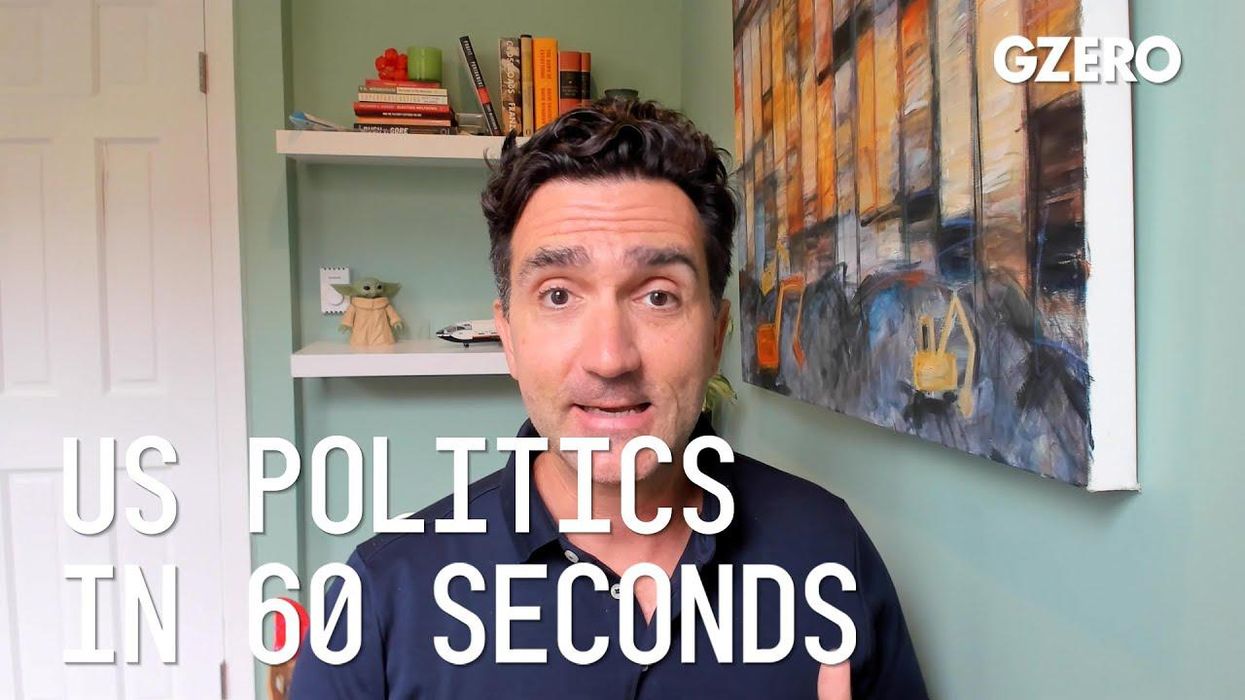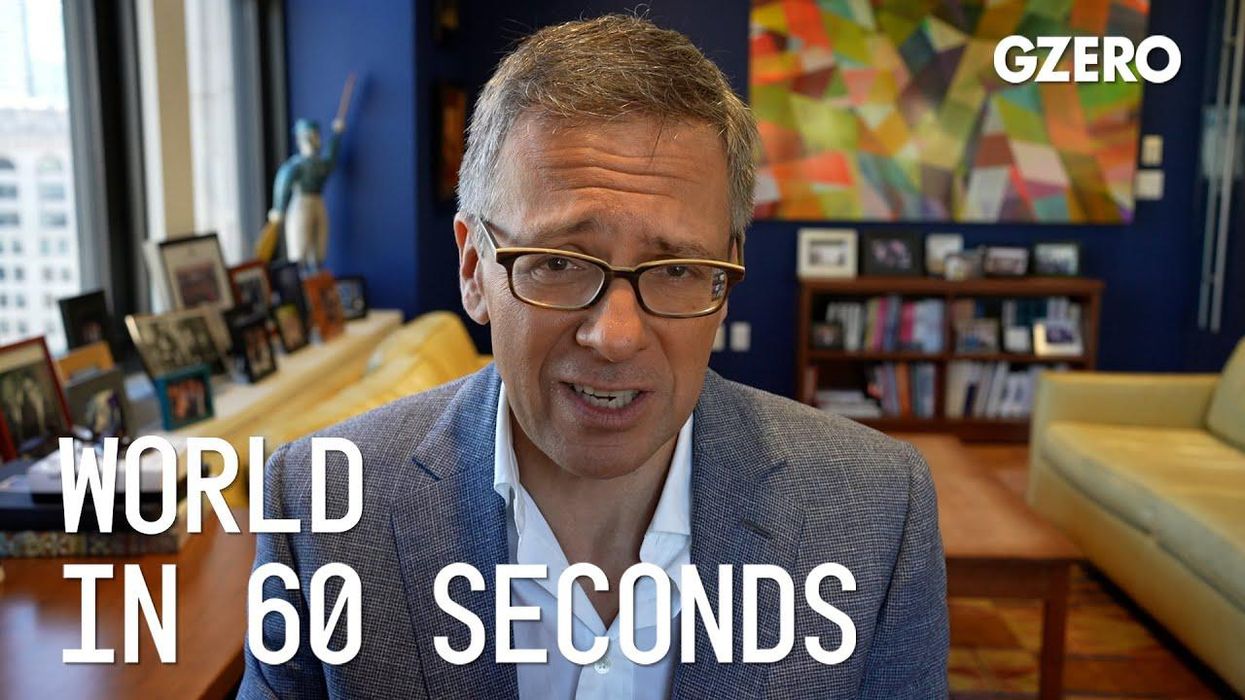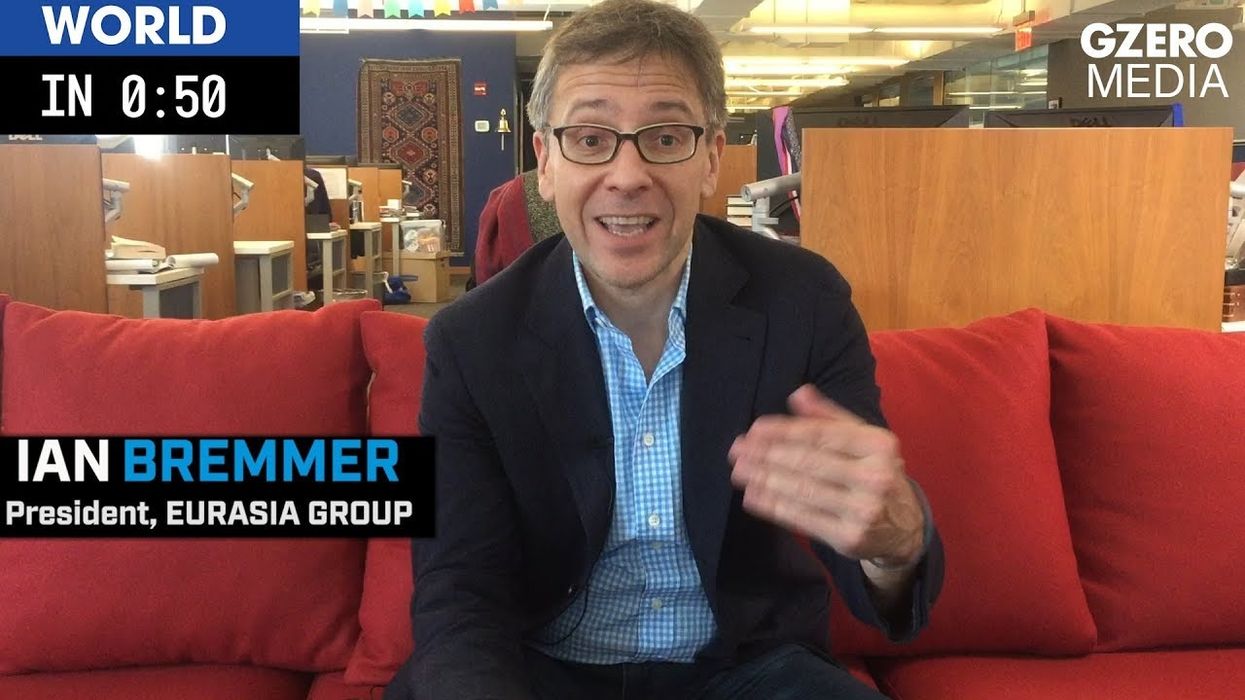US Politics In 60 Seconds
US Senate passes bipartisan gun bill but SCOTUS may loosen gun laws
How are the rules on gun ownership changing in the US? Jon Lieber, head of Eurasia Group's coverage of political and policy developments in Washington, shares his perspective on US politics.
Jun 23, 2022



